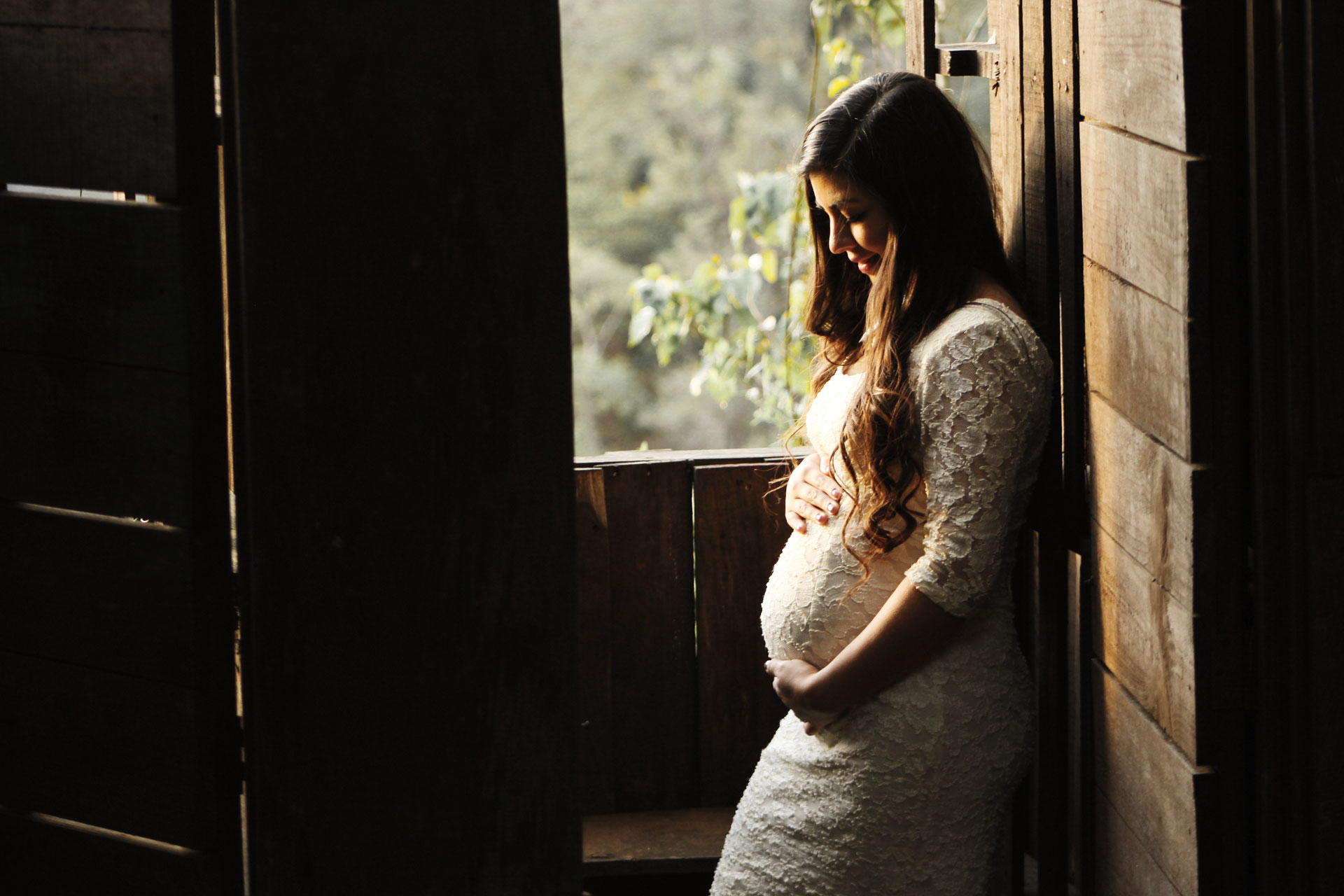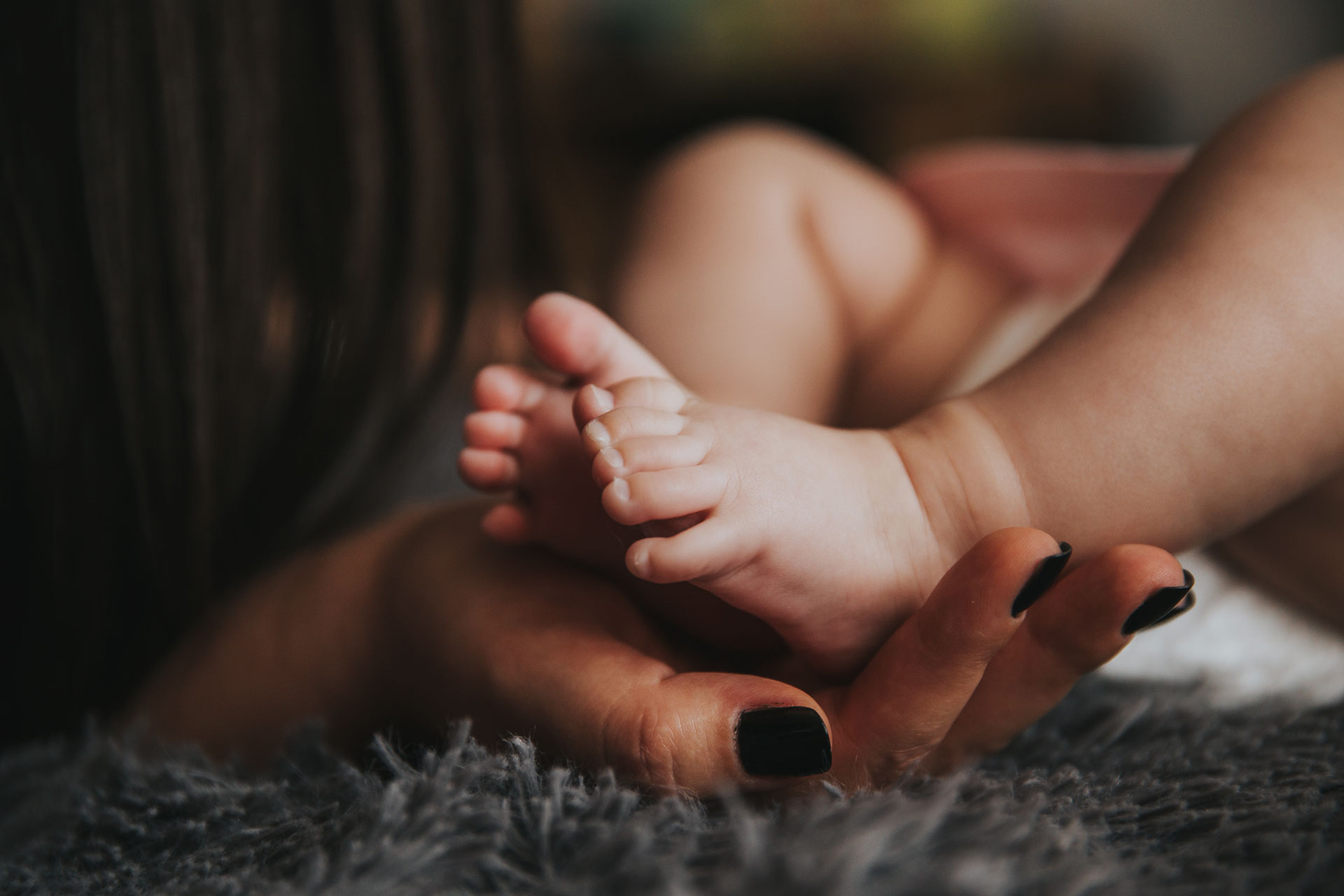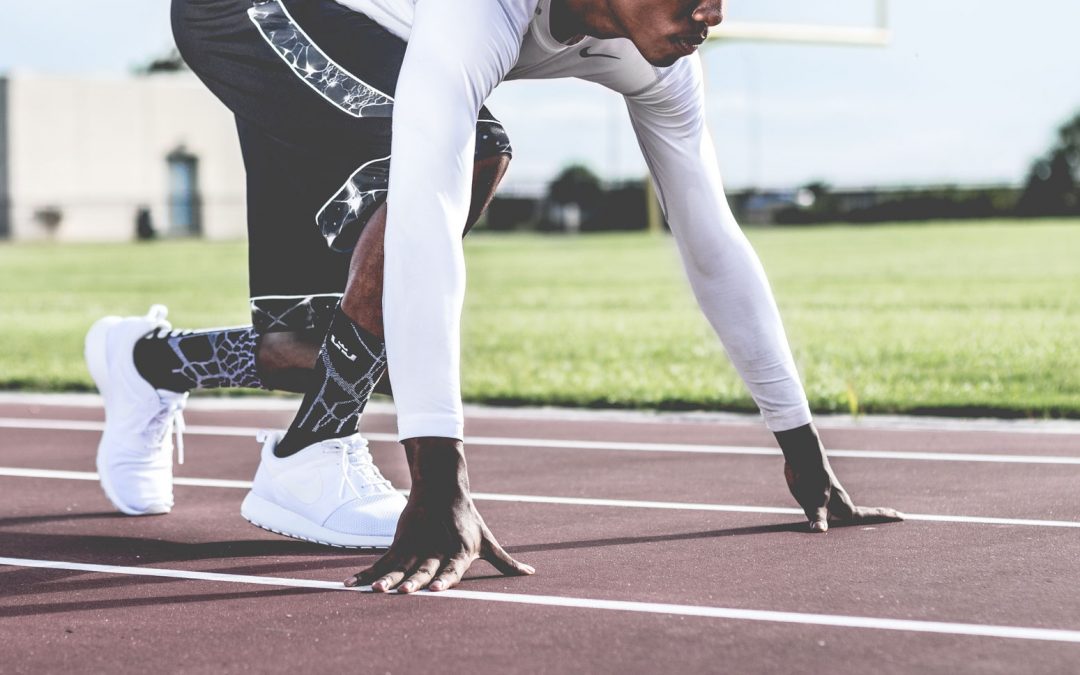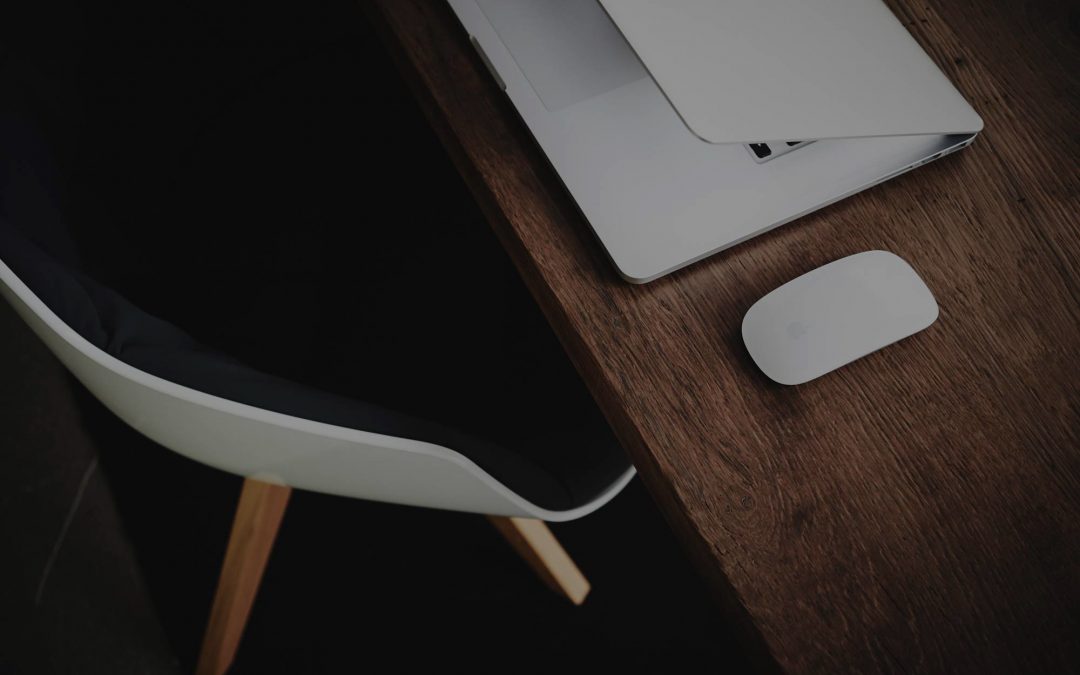RESOURCE LIBRARY
Tackle Back Pain and Incontinence During Pregnancy and Motherhood

For Mom, the whole experience of pregnancy and giving birth is a time of great physical and mental adjustment as she adapts to the new challenges of motherhood.
She expects perhaps to experience some aches and pains during pregnancy, especially once she can no longer see her feet, or turn over in bed!

Minimize the aches and pains of pregnancy with good posture, bio-mechanics and back care.
Image via Unsplash
Pregnant women often have to modify the level and type of activity to prevent physical strains yet maintain the original fitness goals to feel fit and ready to deliver. For example. exercising while lying down on the back should be limited after 16 weeks of pregnancy to avoid pressure on the uterine artery. Elevated pregnancy hormones result in increased laxity of the pelvic ligaments (essential structures that usually stabilize the pelvic bones) which creates a looser pelvis ready for the expansion needed for babyʼs delivery.
However, this looser pelvis is also potentially, a less stable pelvis at a time when the core muscle group (which usually acts as a ʻback-up stabilizing systemʼ) is also functioning at a mechanical disadvantage. In the later stages of pregnancy, Mom will experience increased fatigue due to the greater demands of pregnancy on the cardio-vascular system. In addition, during subsequent second or third pregnancies, the physical demands of daily life are greater as Mom continues to care for older siblings. She may already be experiencing some residual symptoms of back ache or incontinence which have been left unresolved since the previous pregnancies.
New moms may return to high impact activities too early, causing further damage to an already traumatized pelvic floor.
Good posture, biomechanics and back care, as well as the correct type and amount of exercise, are very important to prevent or minimize the aches and pains of pregnancy. Eager to regain their pre-pregnancy toned-up body, new Moms frequently return much too soon to the exercise regimens that they participated in prior to pregnancy without allowing more time for more progressive low-level strengthening and stabilization first. They may return to high impact activities too early causing further damage to an already traumatized pelvic floor.
Repeated bending to pick up toys or to lift older sibling from the crib or bath, carrying baby in a car seat or on her hip while multi-tasking around the home, are all examples of potential physical stressors. Sitting slouched for prolonged periods to settle baby or to nurse can also cause neck and back ache. It may help to raise baby up closer by laying him/her on one or two pillows. If an older sibling wants to see what Mom is preparing in the kitchen, perhaps have the child stand on a chair (away from the cook-top!) rather than lifting him/her up. If they want to have a cuddle, try suggesting that Mommy sits down first and have them climb on your knee. If the child is able to climb in to the car seat, then allow him/her to do so, even if it takes a few minutes longer. Walking with a baby in a carrier secured against Momʼs body in front
(for an infant) or behind (for a toddler) can be less strenuous than carrying a child in Momʼs arms.
Regain your post-partum body with the guidance of your physiotherapist.
Image via Unsplash

In the early post-partum period, it can be difficult to know when to get back to exercise. What type, how much and how soon can be difficult to gauge. Our bodies typically take at least 6 weeks to heal from any trauma that occurred during the delivery.
Specific core stability and pelvic floor exercises, ball and water-based exercises can be excellent choices when under the direction of a doctor or physiotherapist. Higher impact activities can cause or worsen symptoms of incontinence or leakage of urine, a condition which is very common during, after pregnancy and can be persistent for some Moms throughout the rest of their lives. It is a treatable but sometimes embarrassing condition that many women do not feel comfortable talking about. It is recommended that if Mom experiences these symptoms that she seeks the assistance of a specialized physiotherapist who can examine and direct her in learning bladder control and teach specific exercises to regain pelvic floor muscle strength. This is essential to help her to resolve incontinence.
A detailed physiotherapy exam can also reveal pelvic asymmetries, instabilities and inadequacies in the core muscle function that could cause Mom on-going pain and difficulty in returning to the physical activities that she most enjoys, including the daily tasks of motherhood that her new role demands. It only makes sense to treat these problems early! Your physiotherapist is there to assist you.
Talk to one of our expert physiotherapists for more information. Call us at 604 568 4628 or book an appointment online today.
Susan Deslippe is a physiotherapist at Go! Physiotherapy Sports and Wellness Centre in Vancouver.
filed in
Latest Articles

The Anteriorly Tilted Pelvis
RESOURCE LIBRARY This post was written by Go! Physio Kinesiologist, Steve Dempster. The pelvis has several important functions. Its primary role is to support the weight of the upper body when sitting and to transfer this weight to the lower limbs when...

Cancer Surgery and Rehab
RESOURCE LIBRARY Go! Physiotherapy Physiotherapists at Go! Physiotherapy are equipped with clinical rehabilitation expertise, oncology specialization, manual lymphatic drainage certification (LANA), and decades of rehabilitation experience in exercise...

We are still open! How? Our response to the COVID-19 pandemic
LATEST NEWS Go! Physiotherapy Staff Dear Friends of Go! Physiotherapy, These are unprecedented times. It feels that by the time we have finished crafting this sentence, things will have changed. And we here at Go! Physio are rolling...

TeleRehab FAQs
RESOURCE LIBRARY Go! Physiotherapy Staff FREQUENTLY ASKED QUESTIONSDue to the COVID-19 pandemic affecting our community, we are committed to keeping our patients and staff safe by providing online video and phone calls (telerehab) until physical distancing measures...
Unlock Your Body’s Strength and Mobility Today
Book Online
Current patient? New, but know exactly what you’re looking for?
Contact Us
Never tried physiotherapy? Not sure where to start? Our friendly staff will guide you towards the best treatment for your situation.
Call: 604-568-4628
Email: go@gophysiotherapy.ca
